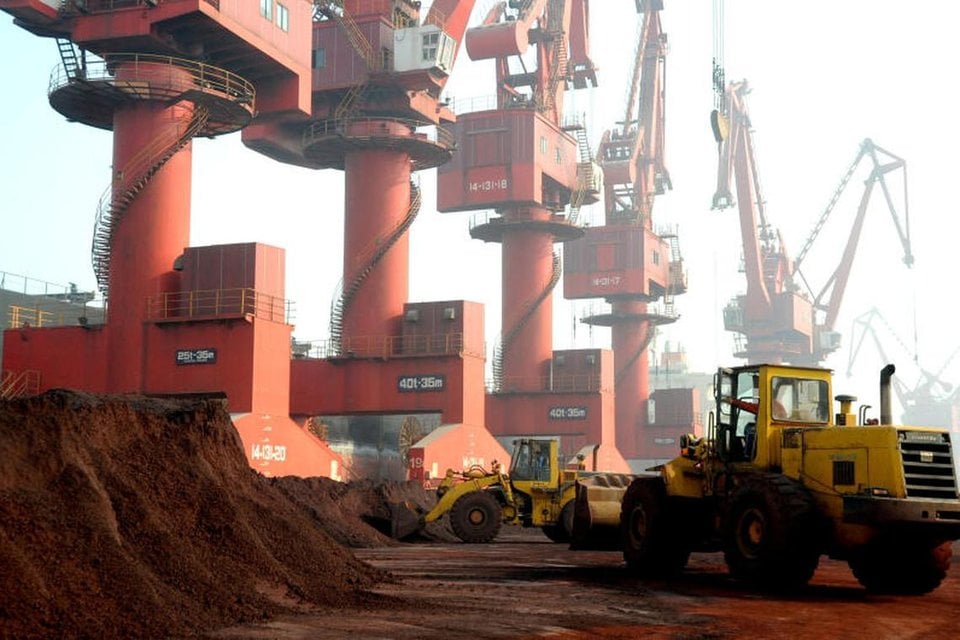News Flash
News Flash

BEIJING, June 20, 2025 (BSS/AFP) - Chinese exports of rare-earth magnets continued their downward slide in May, official data showed on Friday, reflecting restrictions imposed by Beijing during its trade war with the United States.
China is the world's leading producer of rare earths, used to make magnets essential to the automotive, electronics and defence industries.
Since April, Beijing has required traders to obtain licences before they export the strategic materials, a move seen as retaliation for US curbs on the import of Chinese goods.
Many manufacturers, particularly in the automotive sector, have bewailed what they view as sporadic licence issuances.
And Chinese customs data revealed Friday that the country's rare-earth magnet exports plummeted by 70 percent year-on-year in May, following an initial slowdown observed in April.
Exports fell below the $60 million mark, hitting their lowest level since 2015 excluding the Covid-19 pandemic, according to Bloomberg News.
After talks between China and the US in London this month, Beijing said it had issued a "certain number" of export licences for rare earths.
US President Donald Trump said last week on his Truth Social platform that "any necessary rare earths... will be supplied, up front, by China".
Beijing also said it would launch a "green channel" to facilitate rare earth exports to the European Union.
But its exports of rare-earth magnets to the EU in May plunged by 81 percent year-on-year, according to the customs figures.
And exports of small parcels to the US dropped by half compared to the previous month.
Last month, Washington ended a tariff exemption previously enjoyed by low-value parcels shipped from China and Hong Kong.
The measure dealt a severe blow to platforms shipping low-cost items from China, such as Shein and Temu.
The decline was offset by a rise in China's total small parcel exports to the rest of the world, which were up 40 percent year-on-year, with particularly notable increases to Singapore, Russia, Europe and Australia.
Besides the US, several countries have been trying to limit the rise of platforms sending cheap products made in China.
This month, France adopted a bill that aims to curb fast fashion by banning advertising and imposing an additional tax on small parcels.